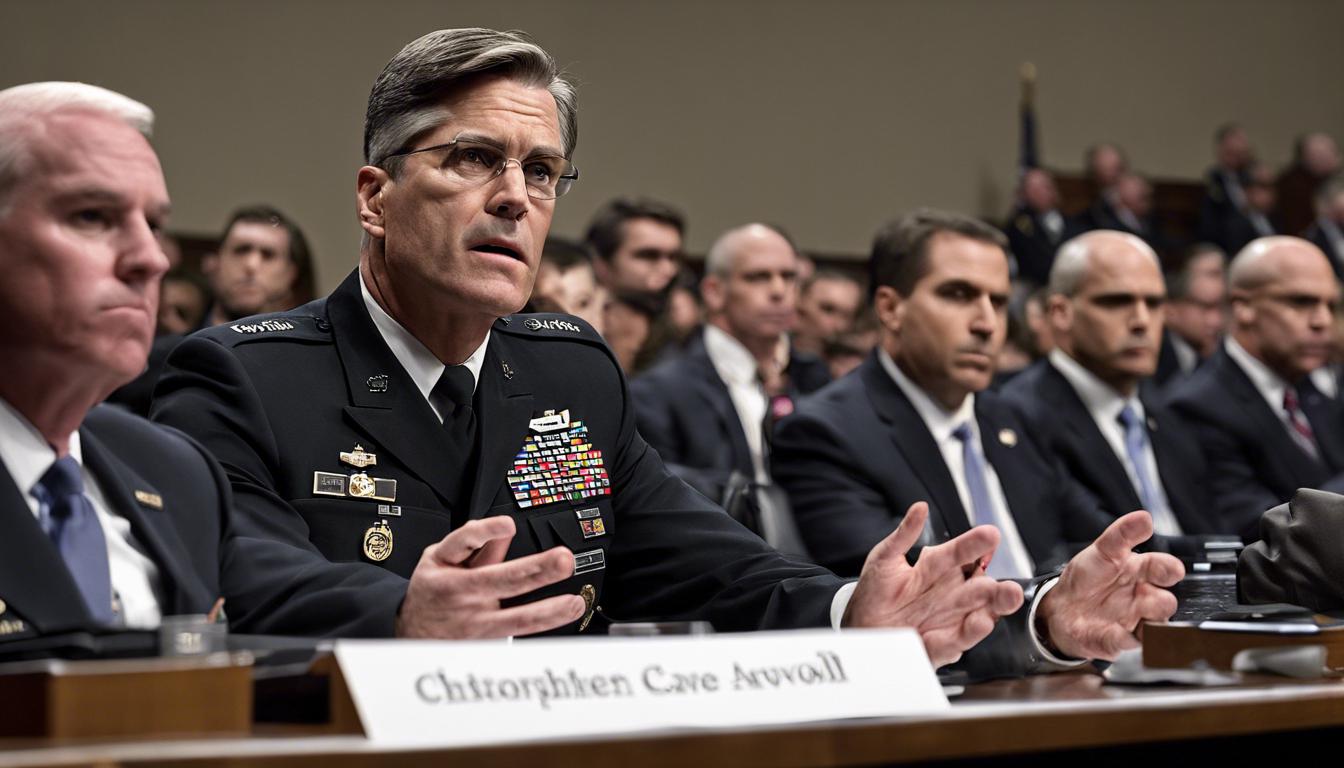General Christopher Cavoli of the US European Command stresses the urgency of sustained military aid to Ukraine, highlighting the disparities in artillery capabilities compared to Russia.
US General Christopher Cavoli, head of the US European Command, warned that Ukraine risks being significantly outgunned by Russia if military aid is blocked by US Republicans. He explained that Russia could outnumber Ukraine by 10-1 in terms of artillery shells due to unmet funding needs. Cavoli provided this assessment while addressing the House Armed Services Committee, highlighting the urgent support required to avoid a critical shortage of munitions for Ukraine amidst ongoing conflict. He noted the disparity in artillery usage, with Russia currently firing five times the amount that Ukraine can manage.
In response to the escalating situation, the United States recently approved an emergency military aid package valued at $138 million for Ukraine to support the maintenance of its Hawk missile systems. This contribution adds to a previous aid allocation of $300 million aimed at strengthening Ukraine’s air defense and munitions supply, under the oversight of the Pentagon. This support involves contractors from RTX Corporation and PROJECTXYZ, using resources from the US Army stock and commercial suppliers.
Further highlighting the gravity of the conflict, significant Russian combat losses have been reported by the General Staff of the Armed Forces of Ukraine, with casualties surpassing 450,000 and equipment losses amounting to approximately £43 billion. These figures underscore the severe impact of the conflict on Russian military resources. Concurrently, the United States has equipped Ukraine with thousands of weapons and ammunition seized from Iran, intended to bolster Ukraine’s defense against Russia.
These series of events and international support reflect ongoing efforts to support Ukraine in the face of continued aggression and territorial advances by Russian forces. The situation remains critical, with both immediate and strategic implications for the region’s stability and security.













